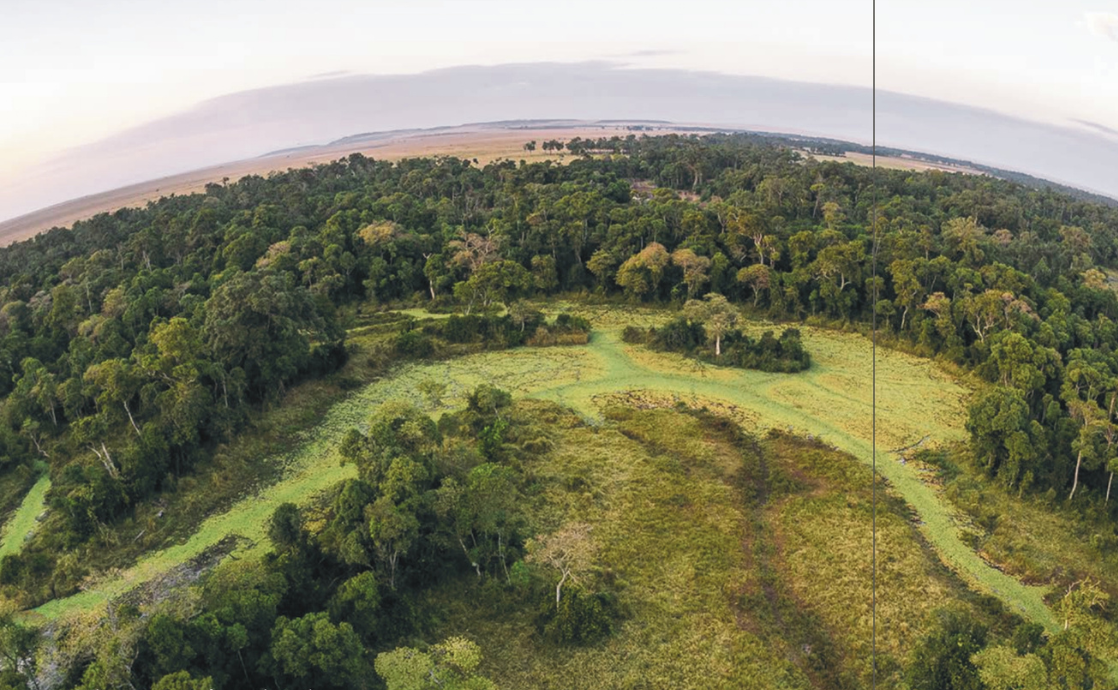In the realm of spiritual empowerment, the Bahá’í teachings stand as a beacon of hope and illumination, guiding individual and collective transformation. Central to these teachings is the principle of empowering the protagonists of transformational change. This empowerment encompasses individuals who are not only catalysts for personal growth but also for broader societal evolution. This article explores various facets of how Bahá’í teachings facilitate and promote this transformative role in society.
Initially, it is essential to acknowledge the foundational concept of unity, a cornerstone of Bahá’í belief. The oneness of humanity serves as the underpinning for all transformative action. The Bahá’í teachings emphasize that human beings, regardless of their diverse backgrounds, are interconnected. This interconnectedness fosters a sense of responsibility among individuals, urging them to engage in collective efforts that transcend mere self-interest. Understanding that transformation begins with unity empowers individuals to assume their roles as protagonists in change, advocating for social justice, equitable development, and communal harmony.
Additionally, the teachings highlight the significance of education as a powerful tool for empowering individuals. In the view of the Bahá’í Faith, education is not limited to academic learning; it encompasses moral education, social skills, and spiritual development. Through comprehensive education, potential protagonists of change acquire the knowledge, skills, and ethical frameworks essential for effective leadership. Learning is viewed as a lifelong pursuit that informs and shapes identity, equipping individuals with the confidence and competence to enact change in their communities. The Bahá’í community places great emphasis on the education of youth, recognizing that empowering the younger generation is vital for nurturing future leaders who will spearhead transformational initiatives.
Moreover, the teaching of consultation emerges as a pivotal practice within Bahá’í communities, providing a framework for empowering individuals to contribute to decision-making processes. Consultation involves the collective examination of issues with the aim of reaching a consensus. This practice cultivates an environment where every voice is valued, fostering inclusivity and collaborative problem-solving. By engaging in consultation, individuals learn to appreciate diverse perspectives, facilitating a comprehensive understanding of complex challenges facing society. Consequently, they become better equipped to design and implement solutions that effectuate meaningful change, embodying the spirit of collaboration integral to Bahá’í principles.
Another vital aspect is the emphasis on service to humanity, which propels individuals to move beyond self-centered desires. In the Bahá’í worldview, true fulfillment is found in selfless service. The teachings prompt individuals to identify their unique talents and capabilities and use them for the betterment of society. This altruistic inclination nurtures a profound sense of purpose, motivating individuals to take initiative in addressing social injustices and environmental degradation. By channeling their efforts toward service, individuals solidify their identities as protagonists of transformational change, actively contributing to the advancement of civilization.
Furthermore, the integration of spiritual principles into everyday life provides a profound source of strength and resilience. Bahá’í teachings advocate for the cultivation of inner virtues, such as compassion, justice, and humility, which empower individuals to navigate the complexities of life and lead with integrity. This internal fortitude enables them to withstand adversities while remaining focused on their aspirations for change. Consequently, they are better positioned to inspire others and galvanize collective action, forging a path toward transformation fueled by spiritual principles.
Lastly, the concept of global citizenship plays a critical role in shaping the Bahá’í approach to transformational change. As globalization continues to intertwine the fates of diverse communities, the Bahá’í teachings urge individuals to embrace their roles as global citizens, responsible for the welfare of the planet and its inhabitants. This perspective engenders a sense of solidarity among individuals from varying backgrounds, culminating in collaborative initiatives that address pressing global challenges. By fostering a shared commitment to the betterment of humanity, individuals become empowered protagonists, transcending parochial concerns to advocate for the common good on a global scale.
In summary, the Bahá’í teachings furnish a robust framework for empowering the protagonists of transformational change. Through the principles of unity, education, consultation, service, personal virtues, and global citizenship, individuals are equipped with the tools necessary to enact meaningful change. The transformative journey is embarked upon with the understanding that progress requires the concerted efforts of individuals who recognize their interconnectedness and shared responsibility. Embracing these teachings not only enriches personal growth but also holds the potential to foster a more just, equitable, and vibrant world for all.
